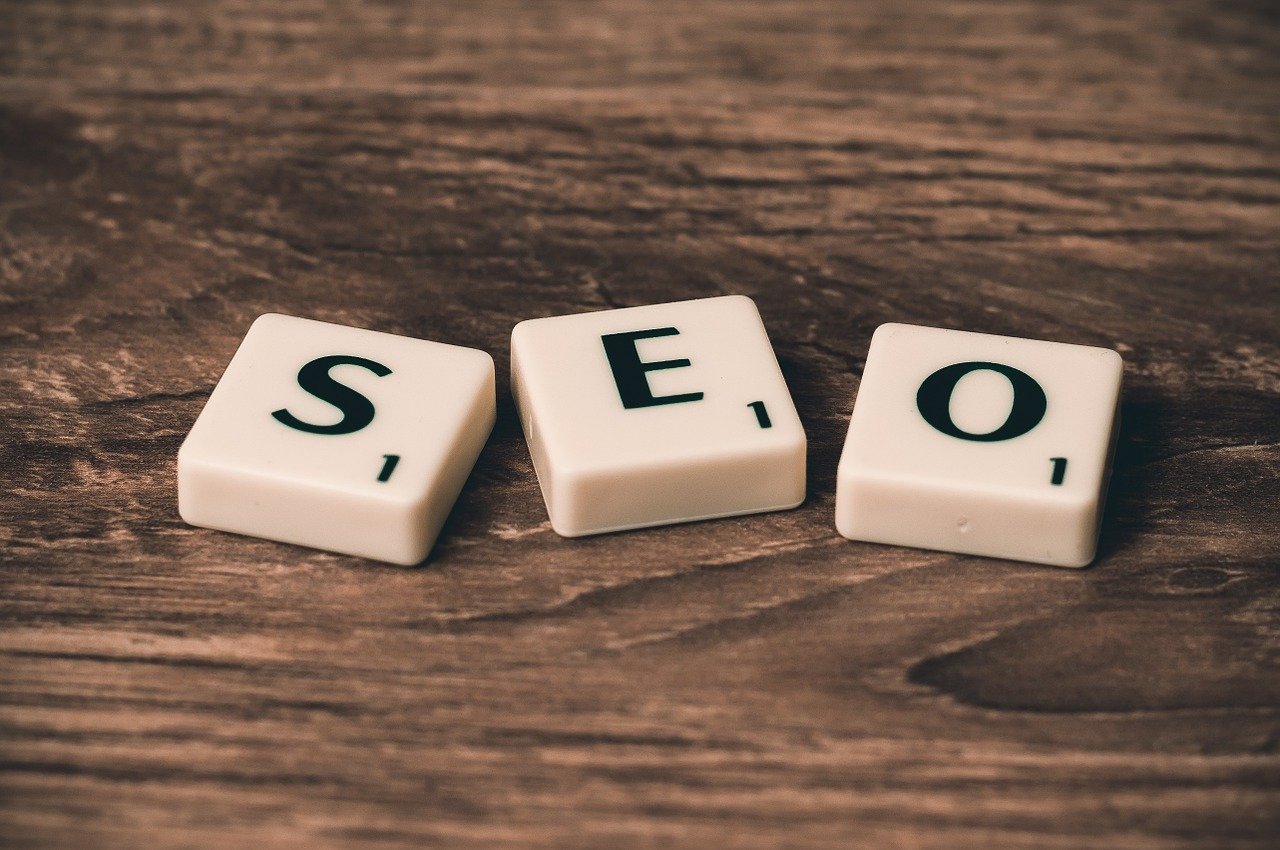Search Engine Optimization (SEO) has transformed dramatically over the years. Initially, it was a straightforward exercise in keyword stuffing and backlink building. As search engines evolved, their algorithms became more sophisticated, leading to a shift towards quality content and user experience.
Today, SEO is more holistic, emphasizing the importance of brand marketing.
This shift isn't just a trend; it's a crucial strategy for sustained success. Brand marketing is now essential for businesses aiming for long-term success in their SEO efforts.
In this post, we will discuss what brand marketing is and why content marketers and SEO professionals need to focus on brand marketing instead of focusing on traditional SEO.
What is brand marketing?
Defining brand marketing
Brand marketing focuses on promoting a brand's identity, values, and personality. It aims to build a lasting image and a strong connection with the audience.
This approach goes beyond just selling products or services; it’s about fostering a deeper relationship between the brand and its customers, prioritizing user engagement and recurring visits.
Brand marketing vs. traditional marketing
Traditional marketing often highlights individual product features and immediate sales goals. In contrast, brand marketing is about the bigger picture. It prioritizes long-term relationships, aiming to create an emotional bond with the audience. This approach ensures that customers not only recognize the brand but also trust and prefer it over others.
Core components of brand marketing
- Brand identity: This encompasses the visual and emotional elements that define the brand, such as logos, color schemes, and overall aesthetic.
- Messaging: Developing a clear, consistent message that resonates with your target audience and reflects your brand’s values.
- Storytelling: Crafting compelling narratives that create an emotional connection with the audience, making the brand more relatable and memorable.
- User engagement: Building interactive and engaging experiences that involve customers and keep them coming back.
The changing search environment

Impact of search algorithms on SEO
Search algorithms have become increasingly advanced, focusing more on user intent and experience. These algorithms evaluate content quality, relevance, and the overall user experience, which means brands need to provide genuine value to users.
According to the recent Google API leaks, Google focuses on user engagement and behavior to determine the search engine rankings of a web page. User engagement data can directly influence search engine rankings.
The rise of voice search and its implications for brands
Voice search is on the rise, significantly influencing SEO strategies. Voice queries are typically longer and more conversational, requiring brands to adopt natural language in their content. This shift means brands need to focus on answering specific questions and providing clear, concise information.
User behavior and the importance of brand trust
Modern users are more discerning and prioritize authenticity and trustworthiness. A strong brand presence builds this trust, leading to higher engagement, repeat visits, and, ultimately, better SEO performance. Users tend to interact more with brands they trust, which positively impacts search rankings.
The growing role of AI in search and its impact on brand marketing

Artificial Intelligence (AI) is revolutionizing how search engines process and rank content. AI can analyze user behavior and preferences more accurately, providing more relevant search results. For brands, this means creating content that aligns closely with user expectations.
AI also helps in personalizing marketing efforts, ensuring that the right message reaches the right audience at the right time.
Engaging users throughout the search journey
Understanding the different stages of the customer journey
Almost all users go through different stages before they buy a product or service. Those stages can be broadly divided into the following phases:
- Awareness: Users become aware of a problem or need.
- Consideration: Users evaluate different solutions to their problem or need.
- Decision: Users decide on a solution and make a purchase.
Strategies for capturing user attention at each stage
- Awareness: Create informative and engaging content that addresses common pain points and introduces your brand in a helpful manner.
- Consideration: Provide detailed comparisons, reviews, and case studies that help users evaluate their options.
- Decision: Offer testimonials, free trials, and strong calls to action to convert leads into customers.
Building brand awareness through content marketing
Content marketing is a powerful tool for building brand awareness. By producing high-quality, relevant content, you can attract and engage your target audience, positioning your brand as an authority in your industry. Blogs, videos, infographics, and podcasts are excellent ways to showcase your expertise and build trust.
Leveraging social media for brand engagement
Social media platforms provide a direct line of communication with your audience. Consistent and authentic engagement on these platforms can significantly increase brand loyalty and recognition. Sharing user-generated content, responding to comments, and participating in conversations are effective ways to maintain an active and engaging social media presence.
Integrating brand marketing and SEO
Keyword research with a brand-centric focus
Keyword research remains essential, but it should be approached with a brand-centric mindset. Focus on keywords that align with your brand’s values and messaging. This ensures that the traffic you attract is more likely to resonate with your brand.
Creating high-quality, brand-aligned content
All content should reflect your brand’s identity and messaging. Consistency in content helps build a strong, recognizable brand that resonates with users. Whether it’s blog posts, videos, or social media updates, the content should provide value and align with your brand’s voice.
Building strong backlinks to enhance brand authority
Quality backlinks are crucial for SEO and also help enhance brand authority. Aim to secure backlinks from reputable sources that reflect well on your brand. Guest blogging, partnerships, and collaborations are all effective strategies for building high-quality backlinks.
Local SEO and its role in brand building
Local SEO is vital for businesses aiming to build a strong local presence. Optimize your local listings and encourage positive reviews to build trust and recognition in your community. Ensure your business is listed on Google My Business and other local directories, and maintain consistent NAP (Name, Address, Phone number) information across all platforms.
The importance of brand consistency across all channels
Maintaining consistency in brand presentation across all marketing channels reinforces your brand identity, making it more memorable and trustworthy to your audience. This consistency should extend to your website, social media profiles, email marketing, and any other customer touchpoints.
Measuring brand marketing success
Key metrics for tracking brand performance
- Brand awareness: Measured through surveys, social media mentions, web traffic, and search volume for branded terms.
- Engagement: Metrics such as likes, shares, comments, and time spent on site indicate how well your content is resonating with your audience.
- Conversion rates: The percentage of users who take the desired action, such as making a purchase or signing up for a newsletter.
Using analytics to inform brand marketing strategies
Regularly analyzing data helps identify what’s working and what’s not. This continuous feedback loop allows for ongoing improvement in your brand marketing efforts. Tools like Google Analytics, social media insights, and CRM systems provide valuable data on user behavior and campaign performance.
ROI of brand marketing vs. traditional SEO
Brand marketing often requires a longer-term investment but can yield substantial returns in terms of loyalty and trust. Traditional SEO might provide quicker wins, but brand marketing ensures sustained growth and stability.
Case studies
1. Coca-Cola’s “Share a Coke”
Coca-Cola’s “Share a Coke” campaign personalized bottles with common names, encouraging consumers to find and share bottles with their names or the names of friends and family. This campaign saw a significant increase in social media engagement and brand visibility. According to Coca-Cola, the campaign resulted in a 2% increase in sales in the U.S., and over 500,000 photos were shared using the #ShareaCoke hashtag on Instagram. More details can be found here.
2. Nike’s “Just Do It”
Nike’s “Just Do It” campaign is an excellent example of consistent messaging and powerful storytelling. By focusing on inspirational stories and featuring athletes who overcame significant challenges, Nike built a strong emotional connection with its audience. The campaign contributed to a 10% increase in North American sales and reinforced Nike’s position as a leading brand in sportswear. Detailed case studies on Nike’s campaign can be found here.
Remember - User engagement is the main focus
User engagement is at the heart of successful brand marketing. Engaging users effectively can significantly improve search engine rankings, creating a positive feedback loop. When users interact more with your brand, it signals to search engines that your content is valuable and relevant. This increased engagement can lead to higher rankings, which in turn attracts more users, further boosting engagement.
Brand marketing enhances user engagement by creating meaningful connections and providing value beyond just products or services. Engaging content, interactive social media presence, and consistent messaging build trust and loyalty, encouraging users to spend more time with your brand and engage more deeply.
Conclusion
Brand marketing is the new goldmine and the right direction for most businesses. While you can still focus on traditional SEO, it is unlikely to bring you the best possible results.
Instead, focus on user engagement and brand marketing for long-lasting SEO results. Use the tips and ideas we mentioned in this article to get going. And if you have any questions or need help, let us know.
